Not big surprise if total price tag on U.S. economic stimulus plan tops $2 trillion: Fellow
Description
James Pethokoukis of the American Enterprise Institute and CNBC's Eamon Javers discuss the various proposals working their way through Washington to counter the economic impact of the coronavirus outbreak.
The White House and Congress are scrambling to hash out the details of a massive stimulus package to help a U.S. economy increasingly damaged by the coronavirus pandemic.
There had been hope on Capitol Hill that Congress could pass a deal this week, as President Donald Trump seeks a measure with over $1 trillion in spending.
Late Wednesday afternoon, the Senate passed another relief bill, which has been approved by the House.
Two Democratic aides, who declined to be named due to the sensitivity of negotiations, cautioned it may be difficult to get through both relief packages in a single week.
A White House representative didn’t immediately respond to a request for comment.
A first bill, signed by Trump earlier this month, focused on funding for vaccines, as well as for states and individuals battling the pandemic.
The much broader third relief bill, the details of which remain in flux, could exceed $1 trillion. It may include direct payments to individuals, small-business lending, payroll tax cuts, and credit facilities for larger businesses and commercial paper facilities.
Some of the credit facilities for larger businesses will go to industries the government is looking to aid, a person familiar with the situation told CNBC.
Several companies and industries are seeking relief. They include the U.S. travel and tourism industry, which is seeking $150 billion in aid, the U.S. airline industry which is seeking government aid of more than $50 billion, and Boeing and is seeking $60 billion for itself and the aerospace supply chain.
The administration has made clear it is intent on helping those industries in particular that have been pummeled by travel restrictions. Trump said in a news conference Tuesday that the challenges facing the industry are not its fault.
Lawmakers on both sides of the aisle have supported offering relief to certain industries, particularly airlines, which have drastically cut back capacity as the coronavirus and resulting travel restrictions spread. Defenders of industrywide bailouts think collapses would hurt workers as well as executives. Airlines, in particular, are viewed as essential to the U.S economy, supporting 750,000 jobs and local hubs throughout the country.
“Central banks need to work with major financial institutions to target cheap credit to vulnerable businesses — airlines, hotels, manufacturers paralyzed by broken supply chains and the like,” wrote Damon Silvers director of policy and special counsel for the AFL-CIO.
Treasury Secretary Steven Mnuchin has told GOP senators that unemployment could reach 20% if Congress doesn’t enact the administration’s proposed stimulus package.
For more coronavirus live updates:
https://www.cnbc.com/2020/03/17/coronavirus-live-updates.html
For access to live and exclusive video from CNBC subscribe to CNBC PRO: https://www.cnbc.com/pro/?__source=youtube
» Subscribe to CNBC TV: https://cnb.cx/SubscribeCNBCtelevision
» Subscribe to CNBC: https://cnb.cx/SubscribeCNBC
» Subscribe to CNBC Classic: https://cnb.cx/SubscribeCNBCclassic
Turn to CNBC TV for the latest stock market news and analysis. From market futures to live price updates CNBC is the leader in business news worldwide.
Connect with CNBC News Online
Get the latest news: http://www.cnbc.com/
Follow CNBC on LinkedIn: https://cnb.cx/LinkedInCNBC
Follow CNBC News on Facebook: https://cnb.cx/LikeCNBC
Follow CNBC News on Twitter: https://cnb.cx/FollowCNBC
Follow CNBC News on Instagram: https://cnb.cx/InstagramCNBC
#CNBC
#CNBC TV

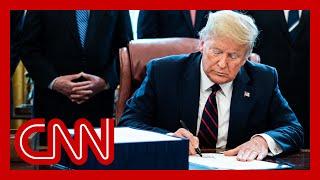
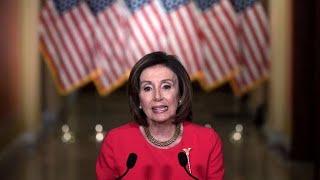
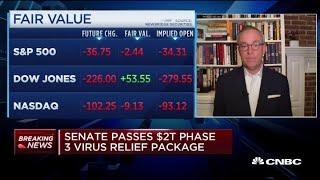
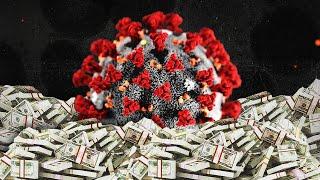

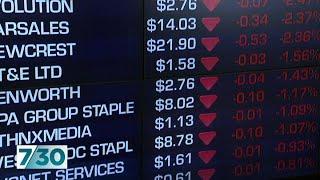
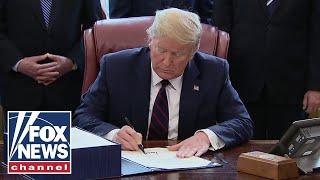
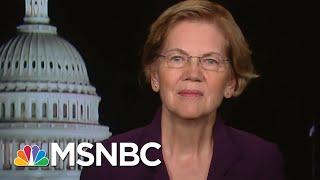
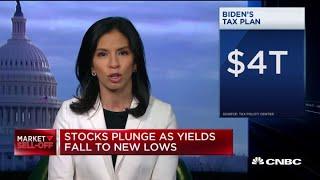
![The State of Stimulus: New Heroes Stimulus Plan [Late 10-4]](https://no-mar.com/uploads/thumbs/8dd28dded-1.jpg)

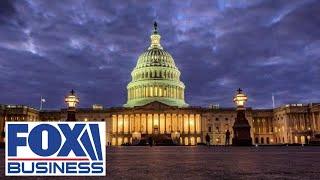

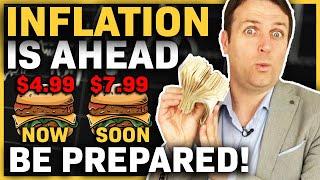






Comments